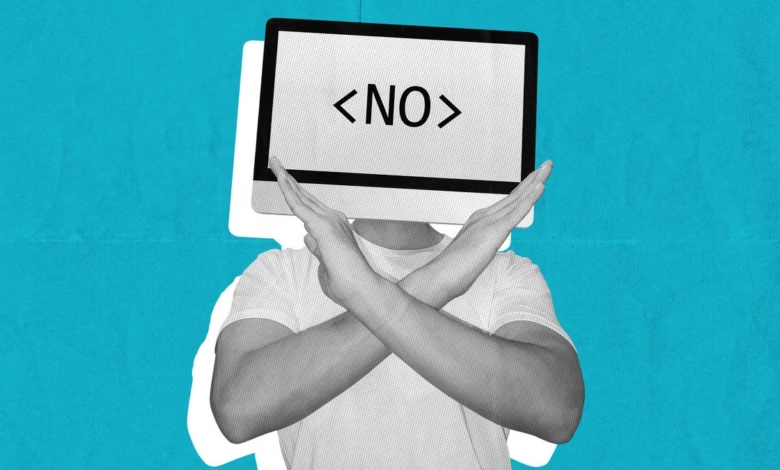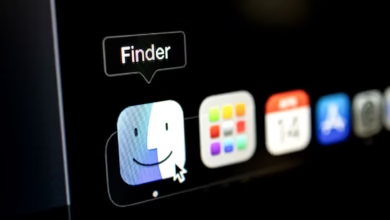9 Programming Tasks AI Can’t Handle – And Why

▼ Summary
– AI cannot replace human programmers entirely, as it struggles with complex systems, high-level design, and understanding unique business needs.
– Proprietary codebases and migrations should not rely on AI, as it lacks context about internal systems and may produce non-functional code.
– AI is unsuitable for innovative or creative tasks, as it cannot generate truly original ideas or out-of-the-box solutions.
– Critical security programming and regulatory compliance should avoid AI due to unreliable code and potential legal risks.
– AI is ineffective for low-level systems work, performance optimizations, and tasks requiring deep domain expertise or human collaboration.
The rise of AI in programming has sparked debates about its limitations, here are nine critical tasks where human developers still outperform artificial intelligence. While AI tools can generate code snippets and automate repetitive tasks, certain aspects of software development demand human expertise, creativity, and judgment.
1. High-Level System Architecture AI excels at pattern recognition but struggles with strategic system design. Building scalable, maintainable architectures requires understanding business goals, technical constraints, and long-term trade-offs, something probabilistic models can’t replicate. Without contextual awareness, AI-generated designs often miss critical nuances.
2. Proprietary Codebase Management Large language models train on public repositories, not your company’s unique code. Relying on AI for migrations or major refactoring risks introducing incompatible logic based on generic patterns rather than your team’s specific conventions. Smaller, well-scoped tasks? Fine. Core business logic? Leave it to engineers who know the system inside out.
3. Groundbreaking Innovation AI mimics existing solutions but can’t pioneer novel algorithms or disruptive technologies. True innovation requires leaps of intuition, whether in game design, computational methods, or user experience. While AI can assist with prototyping, the spark of originality remains uniquely human.
4. Security-Critical Development A Georgetown study found nearly half of AI-generated code contains exploitable vulnerabilities. For cryptography, zero-day patches, or authentication systems, blind trust in AI is reckless. Human auditors remain essential to catch subtle flaws that models overlook or invent.
5. Regulated Industries (Healthcare, Finance, etc.) Compliance isn’t just about syntax, it’s about legal accountability. AI lacks understanding of HIPAA, GDPR, or financial regulations, and cloud-based tools may inadvertently expose sensitive data. When lawsuits loom, “The AI wrote it” won’t hold up in court.
6. Business-Specific Logic Your company’s workflows, legacy systems, and tribal knowledge aren’t in AI training datasets. Attempting to automate domain-specific processes often yields plausible but incorrect solutions. Like a new hire without onboarding, AI stumbles without deep institutional context.
7. Performance Optimization Squeezing nanoseconds from embedded systems or kernel code requires microarchitectural expertise, something beyond AI’s statistical approach. Hallucinations about “optimizations” could silently degrade performance, while veteran engineers spot bottlenecks through experience.
8. Education and Skill Development Students using AI to complete assignments miss foundational problem-solving practice. Tools like Harvard’s CS50 Duck show how AI can assist learning without replacing it. Mastery comes from struggle, not outsourcing homework to a chatbot.
9. Team Collaboration AI can’t replicate the synergy of human teams, brainstorming, mentoring, or navigating interpersonal dynamics. While bots simulate conversation, they lack empathy, adaptability, and the ability to challenge assumptions constructively.
Bonus: Intellectual Property Risks Copyright laws favor human creators. If ownership matters, avoid AI-generated code; legal gray areas could jeopardize proprietary work. Open-source projects face fewer hurdles, but commercial ventures should tread carefully.
AI is a powerful assistant, not a replacement. The best developers leverage it for boilerplate tasks while reserving complex, creative, and mission-critical work for human minds. Where do you draw the line? Share your experiences in the comments.
For ongoing insights, follow industry discussions on social platforms and subscribe to tech newsletters. The future of coding isn’t human versus machine, it’s about strategic collaboration.
(Source: zdnet)






